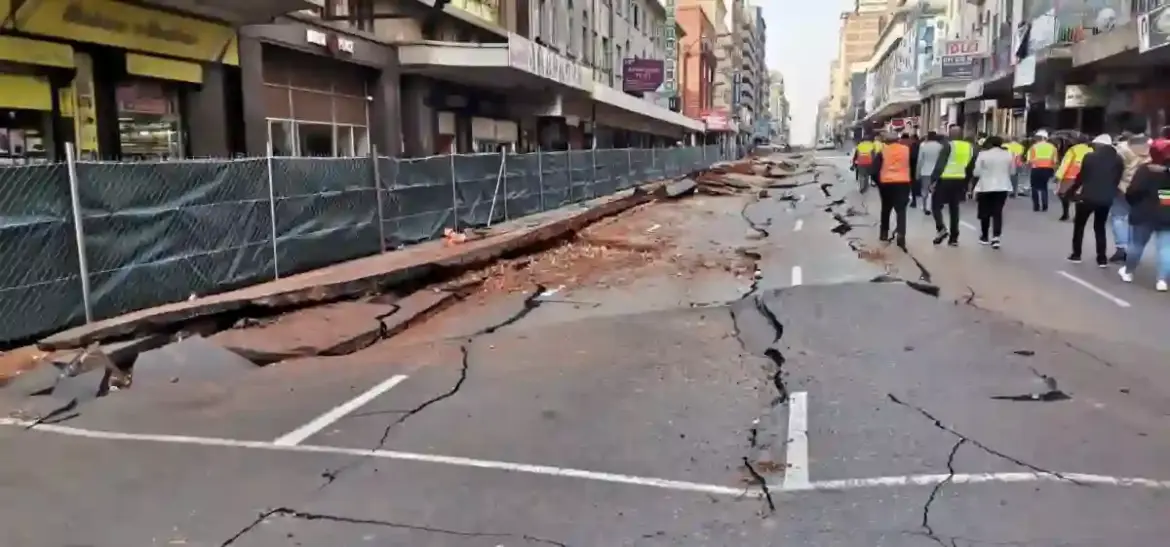For years, South Africa’s big metros have struggled with poor service delivery and financial mismanagement.
From electricity blackouts to unreliable water supply, these challenges have slowed down growth in cities where most businesses and jobs are based.
Now, government is taking a new approach — offering rewards instead of bailouts.
Deputy Finance Minister David Masondo has announced a massive R54 billion incentive plan that will give performance-linked grants to the metros that actually show improvements.
How the Incentive Scheme Will Work
The initiative, called the SA Metros Trading Services Reform, was outlined during a recent investor conference.
The idea is simple: only metros that deliver measurable improvements in governance, financial performance, and service delivery will see the money.
“These funds are not for promises,” Masondo explained.
“They are conditional on council-approved plans. Cities must prove progress before they qualify.”
This means metros will be held accountable for how they spend — and whether those funds translate into better outcomes for residents.
Why Metros Need It the Most
South Africa’s largest cities carry the bulk of the economy but are held back by years of underinvestment and weak management.
On top of that, residents face broken refuse services, unreliable sanitation, and failing power supply.
The incentive scheme is designed to address exactly these challenges by linking financial rewards directly to performance.
The Auditor General’s Red Flags
The urgency for reform has been clear for some time. The Auditor General has repeatedly raised alarms about poor revenue management, weak debt collection, and bad budgeting practices in metros.
Since 2020, most have been recording ongoing financial losses.
By tying funding to measurable progress, government hopes to turn that pattern around.
Unequal Services Across Provinces
One major challenge in South Africa is how unevenly resources are distributed.
The Western Cape, for instance, budgets about R18,000 per person, while Limpopo residents only receive around R5,800 worth of services.
Because of these disparities, Masondo and economists agree that a one-size-fits-all solution won’t work.
Rural municipalities, often the most dysfunctional, face entirely different issues from the metros.
Beyond Service Delivery
While the plan is a start, experts say metros and municipalities should think bigger than just fixing water or electricity.
True reform, they argue, will come from driving economic development alongside improved service delivery.
That way, cities can generate sustainable growth rather than constantly depending on grants and emergency interventions.
